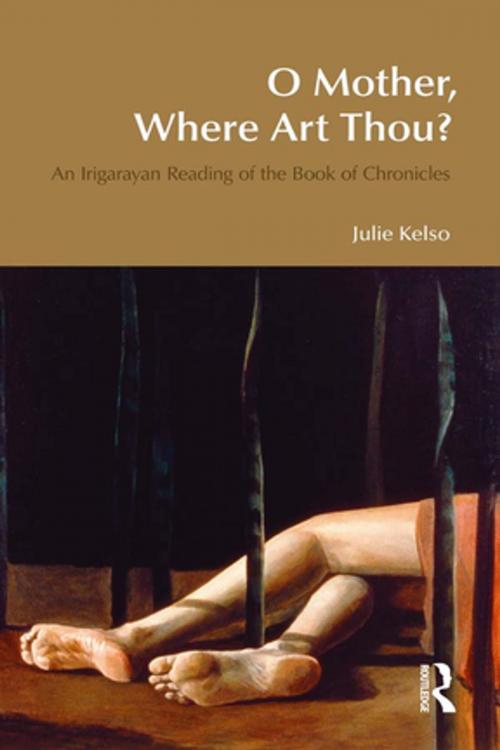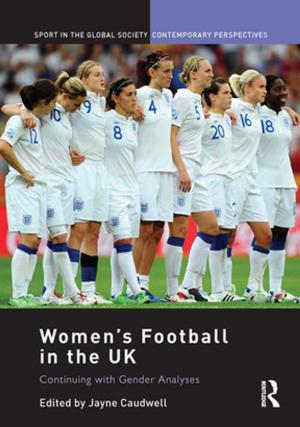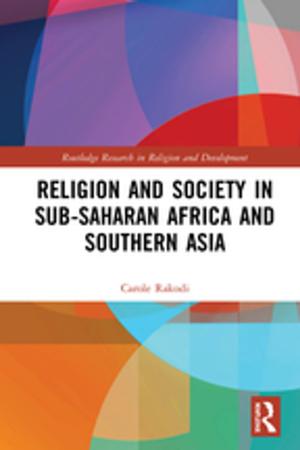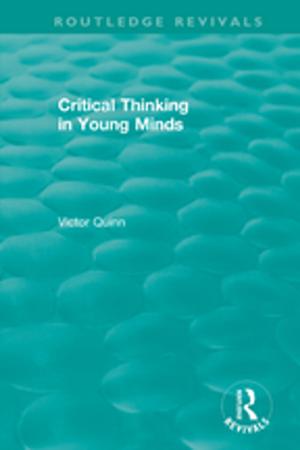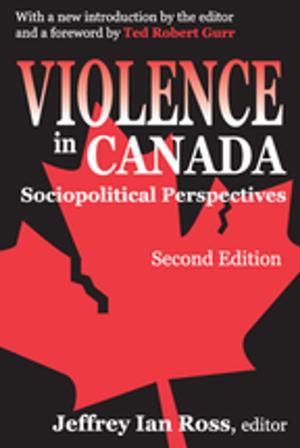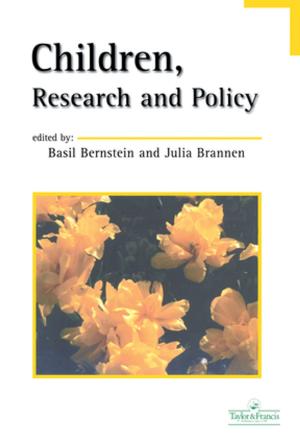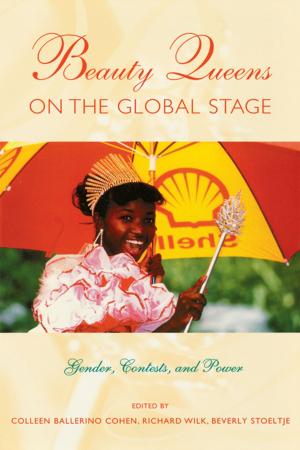O Mother, Where Art Thou?
An Irigarayan Reading of the Book of Chronicles
Nonfiction, History, Ancient History| Author: | Julie Kelso | ISBN: | 9781317490722 |
| Publisher: | Taylor and Francis | Publication: | June 16, 2016 |
| Imprint: | Routledge | Language: | English |
| Author: | Julie Kelso |
| ISBN: | 9781317490722 |
| Publisher: | Taylor and Francis |
| Publication: | June 16, 2016 |
| Imprint: | Routledge |
| Language: | English |
According to Kelso, the Book of Chronicles silences women in specific ways, most radically through their association with maternity. Drawing on the work of two feminist philosophers, Luce Irigaray and Michelle Boulous Walker, she argues that we may discern two principal strategies of silencing women in Chronicles: disavowal and repression of the maternal body. In its simplest form, the silencing of women takes place through both an explicit and implicit strategy of excluding them from the central action. Largely banished from the central action, they are hardly able to contribute to the production of Israel s past. On a more complex level, however, women are most effectively silenced through their association with maternity, because the maternal body is both disavowed and repressed in Chronicles. The association of women with maternity, along with the disavowal and repression of the maternal body as origin of the masculine subject, effects and guarantees the silence of the feminine, enabling man to imagine himself as sole producer of his world. These strategies of silencing the feminine need to be understood in relation to the relative absence of women from the narrative world of Chronicles. Kelso argues that Chronicles depends on the absence and silence of women for its imaginary coherence. This argument is enabled by Irigarayan theory. But more importantly, Kelso suggests that Irigaray also offers us a viable mode (not method) of reading, writing, listening, and speaking as woman (whatever that might mean), in relation to the so-called origins of western culture, specifically the Hebrew Bible or Old Testament. She argues that Irigaray enables a not only rigorous, feminist critique of patriarchy and its many texts, but also, somewhat more charitably, a mode of reading that enables women to read the past differently, seeking out what remains to be discovered, especially the forgotten future in the past.
According to Kelso, the Book of Chronicles silences women in specific ways, most radically through their association with maternity. Drawing on the work of two feminist philosophers, Luce Irigaray and Michelle Boulous Walker, she argues that we may discern two principal strategies of silencing women in Chronicles: disavowal and repression of the maternal body. In its simplest form, the silencing of women takes place through both an explicit and implicit strategy of excluding them from the central action. Largely banished from the central action, they are hardly able to contribute to the production of Israel s past. On a more complex level, however, women are most effectively silenced through their association with maternity, because the maternal body is both disavowed and repressed in Chronicles. The association of women with maternity, along with the disavowal and repression of the maternal body as origin of the masculine subject, effects and guarantees the silence of the feminine, enabling man to imagine himself as sole producer of his world. These strategies of silencing the feminine need to be understood in relation to the relative absence of women from the narrative world of Chronicles. Kelso argues that Chronicles depends on the absence and silence of women for its imaginary coherence. This argument is enabled by Irigarayan theory. But more importantly, Kelso suggests that Irigaray also offers us a viable mode (not method) of reading, writing, listening, and speaking as woman (whatever that might mean), in relation to the so-called origins of western culture, specifically the Hebrew Bible or Old Testament. She argues that Irigaray enables a not only rigorous, feminist critique of patriarchy and its many texts, but also, somewhat more charitably, a mode of reading that enables women to read the past differently, seeking out what remains to be discovered, especially the forgotten future in the past.
